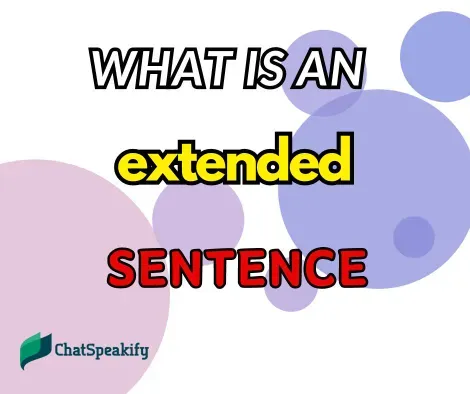Certainly! Here are examples of simple, compound, complex, and compound-complex (extended) sentences in English:
Simple Sentence
A simple sentence contains one independent clause with a subject and a predicate.
Examples:
-
I like reading.
-
The children play in the park.
Compound Sentence
A compound sentence is made up of two or more independent clauses joined by a coordinating conjunction (e.g., “and,” “but,” or “or”).
Examples:
-
I like reading, and I read every day.
-
The children play in the park, but they get tired quickly.
Complex Sentence
A complex sentence contains one independent clause and at least one dependent clause.
Examples:
-
When I opened the window, I smelled fresh air.
-
Although it was cold, I decided to go jogging.
Compound-Complex Sentence (Extended Sentence)
A compound-complex sentence contains two or more independent clauses and at least one dependent clause. This type of sentence can express more detailed and complex ideas.
Examples:
-
Although he was tired, he finished all his work, and then he went out for dinner with his friends.
-
Dependent Clause: Although he was tired (cannot stand alone).
-
Independent Clause 1: He finished all his work (can stand alone).
-
Independent Clause 2: He went out for dinner with his friends (can stand alone).
-
-
After the rain stopped, we decided to go to the beach, and the children eagerly started building sandcastles.
-
Dependent Clause: After the rain stopped (cannot stand alone).
-
Independent Clause 1: We decided to go to the beach (can stand alone).
-
Independent Clause 2: The children eagerly started building sandcastles (can stand alone).
-
